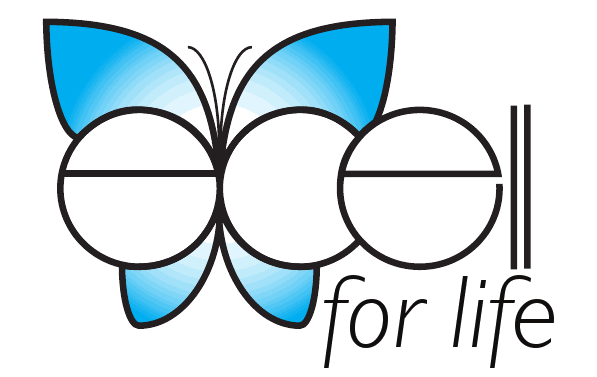Why Should You Sleep?
Sleep for the brain: Numerous functions of the brain are restored by and depend upon sleep. No one type of sleep accomplishes all. Losing out on any type of sleep will cause brain impairment.
Sleep the night before learning: Sleep BEFORE learning refreshes our ability to initially make new memories, and as we are awake through the day we progressively become worse at learning. Sleep restores the brain’s capacity for learning making room for new memories, specifically sleep spindles formed during NREM sleep. These sleep spindles are especially rich in the late-morning hours, sandwiched between longer periods of REM sleep. Sleep six hours or less and you are short-changing the brain of the learning restoration benefit that is normally performed by sleep spindles.
Sleep the night after learning: The second benefit of sleep for memory comes AFTER learning, one that effectively clicks the “save” button on those newly created files, called memory consolidation. It is the early night sleep, rich in deep NREM, that provides the superior memory retention. Sleeping each night constantly modifies the information of the brain. Even daytime naps as short as twenty minutes can offer a memory consolidation advantage, as long as they contain some NREM sleep. Right now you can only boost memory artificially in closely controlled perfect laboratory situations – like pulsing in auditory tones or gently rocking exactly in time with a person’s NREM waves. DO NOT TRY THIS AT HOME as you cannot do it correctly and will hurt yourself!
Sleep to forget?: Sleep is far more intelligent than we once imagined. It helps us also to forget some things, such as last week’s parking spot in favor of this week’s one. An experiment had people study a long list of words on a computer screen, and after each word was presented on the screen a large green R or large red F was displayed (indicating to the participant they should Remember the prior word or Forget the prior word). Sleep powerfully and selectively boosted the retention of words marked R. Participants who did not sleep showed no such preferential saving of memories.
Sleep for other types of memory & creativity: We have discussed memory of facts, but there are many other types of memory within the brain such as skill memory. Muscle memory is in fact brain memory. A pianist once told Dr. Walker at one of his talks, that he notices that he may practice and practice a new piece of music but be unable to master it perfectly. However often once he sleeps, the next AM he can play it perfectly. So actually practice does not make perfect, but PRACTICE WITH SLEEP MAKES PERFECT. Also even in the absence of any further practice, your brain will continue to improve skill memories. As Dr. Walker says, “It really is quite magical!” Specifically the part of sleep responsible for this is the amount of stage 2 NREM found especially in the last 2 hours of an eight hour night of sleep. The sleep spindles here bathe all parts of the brain, but a disproportionate emphasis will be on those parts of the brain that have been worked the hardest with learning during the day. All of us and especially coaches must keep this in mind to NOT short change yourself of the last 2 hours of sleep, because IF YOU DON’T SNOOZE YOU LOSE!
Usain Bolt has on many occasions taken naps in the hours before breaking world records or winning Olympic gold. Daytime naps that contain sufficient numbers of sleep spindles also offer significant motor skill memory improvement (along with restoring energy and decreasing muscle fatigue).
SLEEP is one of the most sophisticated, potent, and powerful – not to mention legal – performance enhancers that has real game-winning potential. Obtain anything less than 8 hours of sleep a night (especially less than 6), and the time to physical exhaustion drops by 10-30% and aerobic output is significantly reduced. Equally if not more important is sleep in the days AFTER a game or performance. Post-performance sleep accelerates physical recovery from inflammation, stimulates muscle repair, and helps restock cellular energy in the form of glucose and glycogen
Day-by-day return of motor function in stroke patients is due, in part, to the hard night-by-night work of sleep. Sleep is a critical ingredient to assist in neural recovery. There is so much that sleep can do that we in medicine currently cannot. We should make use of the powerful health tool that sleep represents in making our patients well!
Try this Essential Oil blend that helps you get to sleep.

